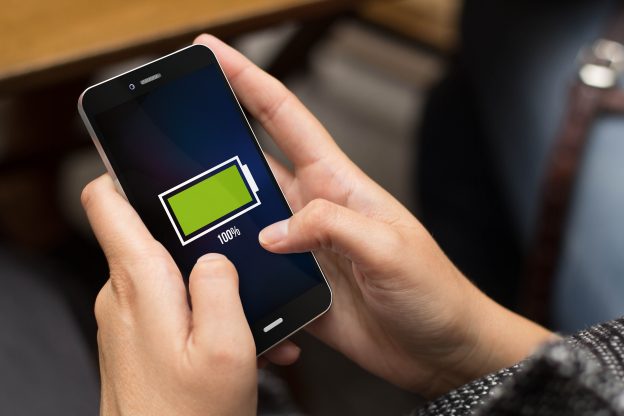
The Beijing Municipal Government plans to build 700,000 charging piles and 310 swap stations by 2025. The first ones to be transformed are gas stations in Beijing.
The Beijing Municipal Commission of Urban Management issued the “14th Five-Year Period Electric Power Development Plan” in which the charging infrastructure has become the most eye-catching focus. Beijing expects to have 700,000 charging piles and 310 swap stations in the city by 2025 and a service radius for public charging facilities for electric vehicles of less than 3 kilometers.
At present, there are 230,000 charging piles and 159 battery swap stations in Beijing. In order to achieve its goal, the Beijing Municipal Government will start to promote the transformation of gas stations and gradually build charging piles and battery swap stations to meet the charging needs of rural residents and traveling electric vehicles.
Before the 2022 Beijing Winter Olympics, their current goal was to achieve 100% green electricity in the Winter Olympics and venues, not only for lighting and air conditioning, but also for overall operation, surrounding charging piles, and electricity for artificial snowmaking to demonstrate its commitment to carbon reduction.
In the new plan, Beijing hopes to promote the construction of power and telecommunications infrastructure through the concept of "multi-station integration", integrating substations, data centers, charging and swapping stations, energy storage stations, Beidou base stations (China's satellite positioning system) and 5G Base stations, all integrated into one to promote the construction of shared enterprises.
It is worth noting that among the current 159 power swap stations, NIO accounts for 75, of which 64 are located in urban areas. Each power swap station swaps batteries 33 times a day on average, provides 2,500 battery swaps in the Beijing metropolitan area.
In addition, among the expressways within the scope of Beijing, Weilai power swap stations have also been set up at 7 of them and they expect to set up stations on a total of 13 expressways in the summer of 2023.
Both Weilai and the Beijing Municipal Government set the target value of 3 kilometers. Weilai hopes that 90% of customers can have a power exchange station within a 3 km radius of their homes. The Beijing Municipal Government hopes to reduce the service radius of public charging and battery swapping facilities to below 3 kilometers.
In order to achieve the three principles of "replacing oil with electricity," "replacing gas with electricity," and "replacing coal with electricity," Beijing expects to double the installed capacity of renewable energy and double the amount of externally transferred green electricity within three years while continuing to expand substations and power transmission channels, with 500kV substations reaching 17. 29 new 220kV substations were built and 9 were expanded, bringing the total to 129. 141 new 110kV substations and 4 35kV substations were added, which is expected to increase the reliability of power supply to 99.996% and the coverage rate of smart meters to 100%.
With the gradual growth of electric vehicles, gas stations around the world have begun to think about the possibility of transformation, including oil giants Shell, British Petroleum, etc., all of which have converted gas stations into fast charging stations to continue to retain customer and develop peripheral services to deal with the wave of electric vehicles.
(Image:Nio)







